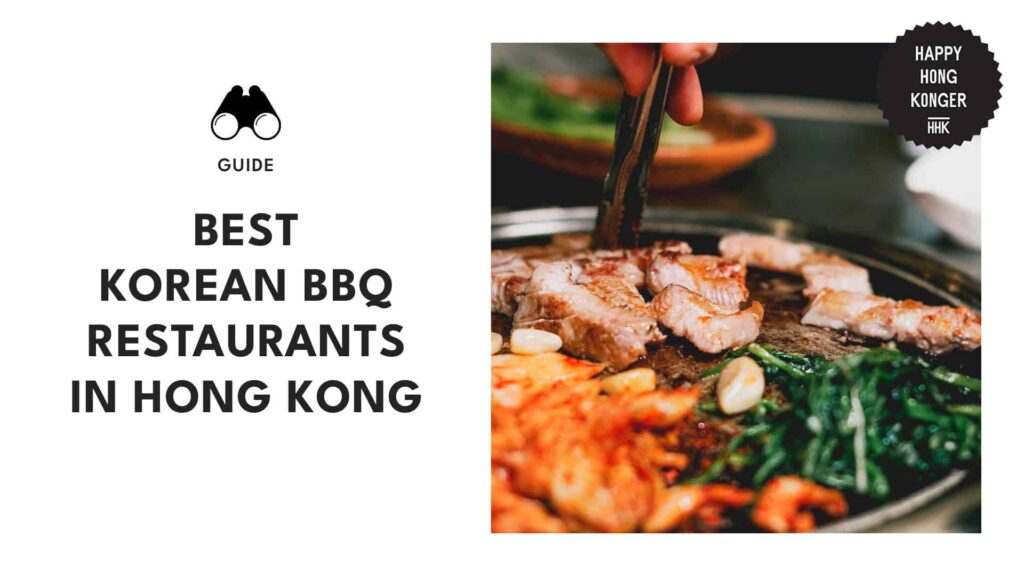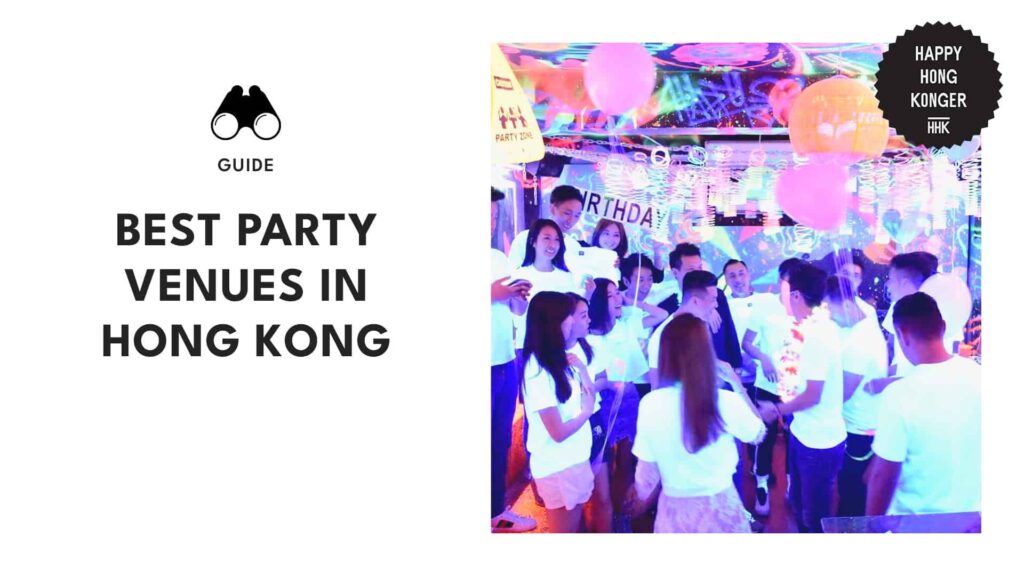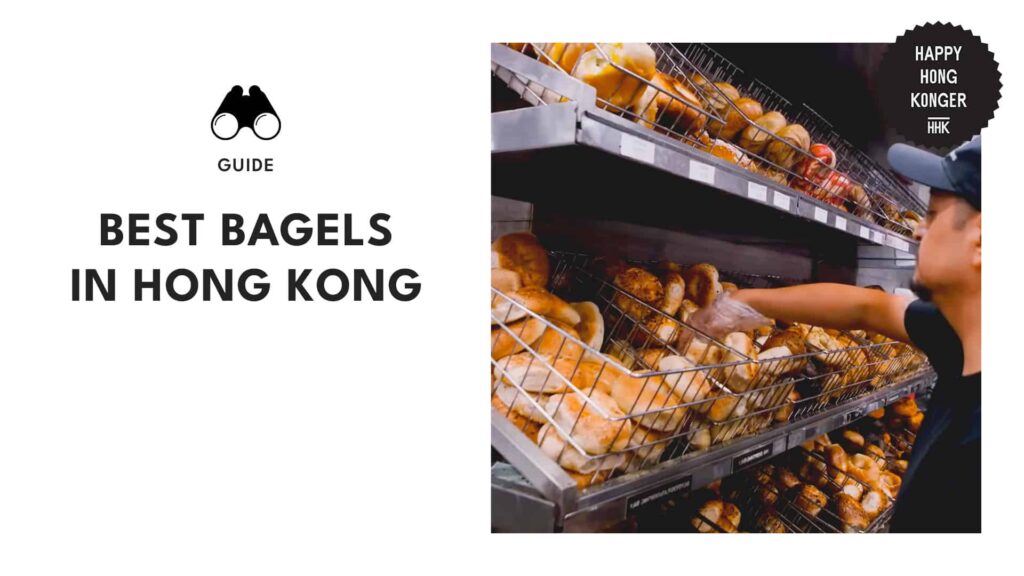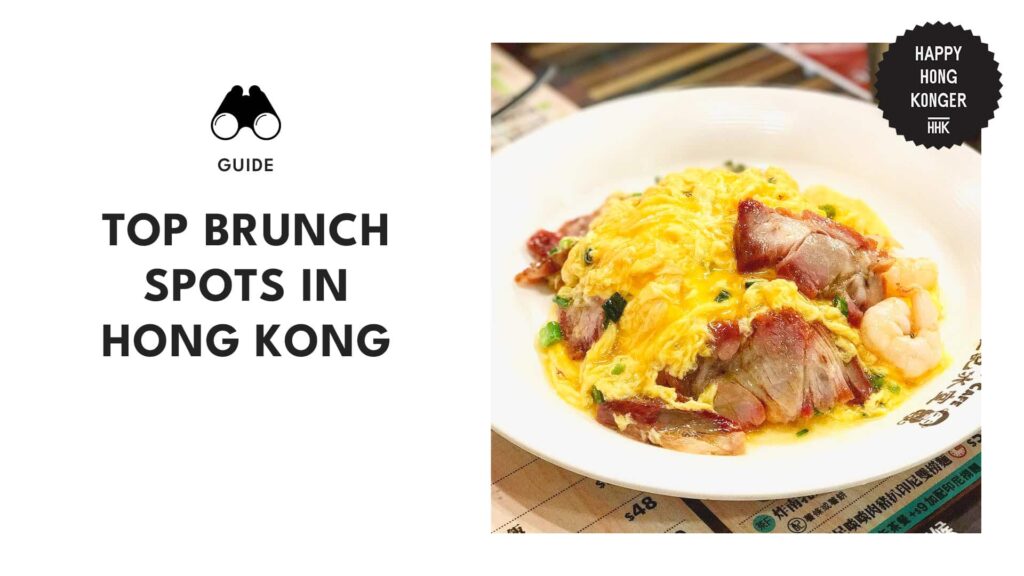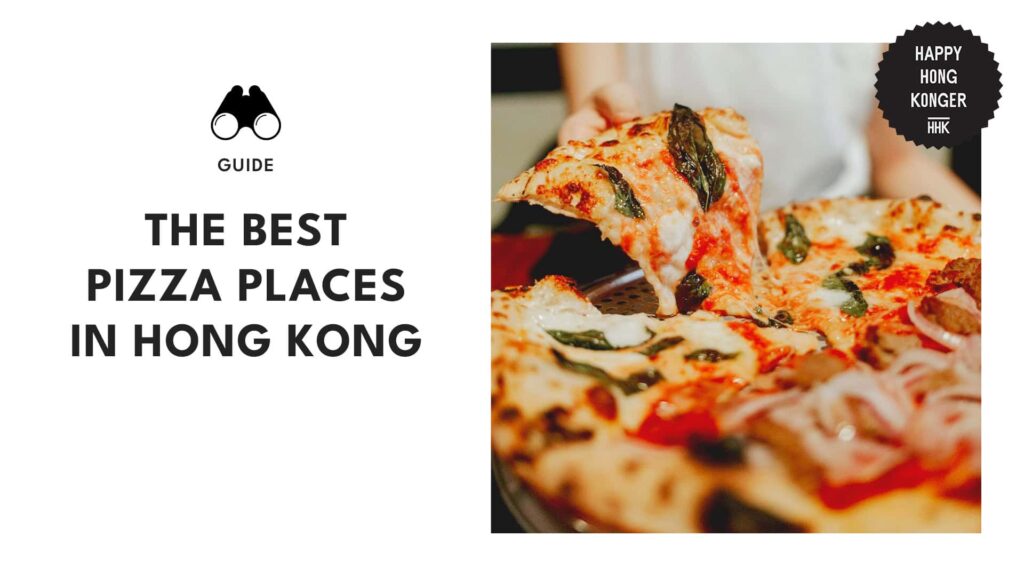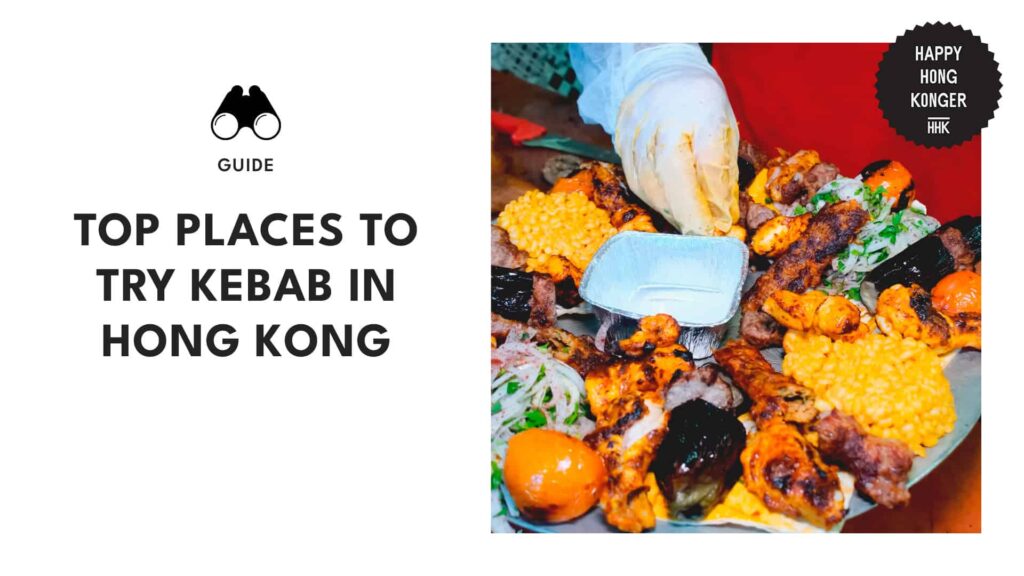Categories > Guides and Tips
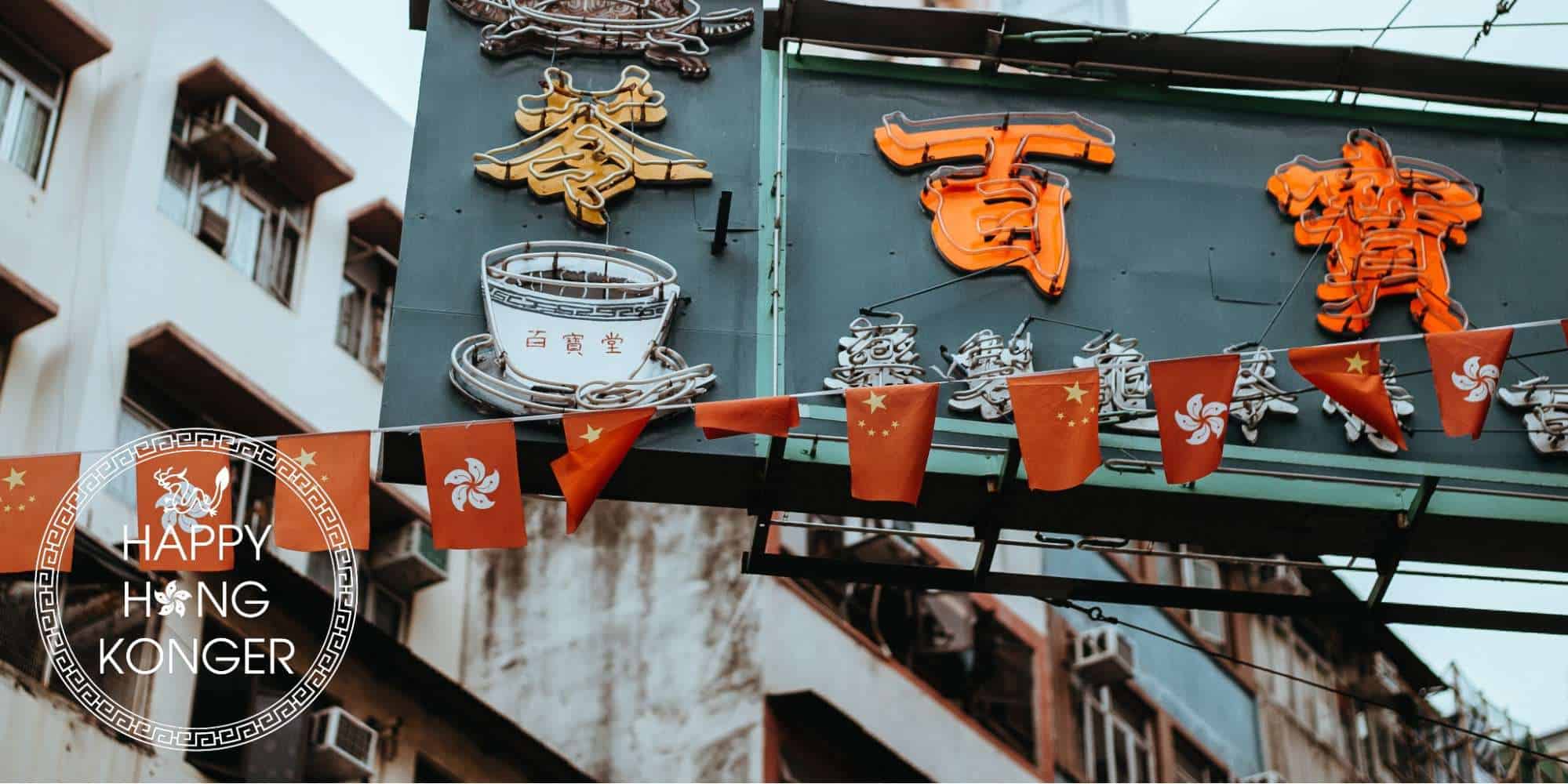
Explained: How do Hong Kongers feel about China?
- How do Hong Kongers feel about mainland China?
- How do Hong Kongers feel about Chinese mainlanders?
- Where are Hong Kongers’ deep-rooted dislike of mainlanders coming from?
- Large Inflow of Immigrants from the Mainland
- The Effects of Mainlanders on Hong Kong’s Housing Crisis
- Soaring Political Tensions Between Hong Kong and Beijing
- Is Hong Kong a part of China?
- Do Hong Kongers wish to be independent of China?
- Is Hong Kong a democracy?
Hong Kongers have a complicated history and relationship with mainland China. As such, it is unsurprising to know that Hong Kong’s residents have a mixed view of China, especially due to recent events.
Let’s dive deep into locals’ perceptions and try to explain their turbulent relations by exploring their history.
How do Hong Kongers feel about mainland China?
A significant number of locals dislike mainland China, especially regarding the way Beijing is allegedly tightening its grip over the special administrative region and violating the agreements within the “one country, two systems” policy.
According to a 2019 survey conducted by the Hong Kong Public Opinion Research Institute for Reuters, 30% opposed the way the “one country, two systems” policy was being enforced, while 17% supported independence from China.
However, over half of these respondents favoured the stepping down of then-chief executive Carrie Lam after she tried pushing a controversial bill that is feared to be abused by Beijing and compromise Hong Kong’s judicial independence.
These recent events caused tension between Hong Kong and China and may have aggravated the deep-rooted hatred of Hong Kongers towards Chinese mainlanders.
How do Hong Kongers feel about Chinese mainlanders?
Compared to their sentiments towards the mainland, Hong Kongers have a deeper, stronger dislike for Chinese mainlanders. There have also been documented cases of Hong Kongers subjecting migrants from the mainland to discrimination and bullying.
According to a study by the Society for Community Organisation (SoCO), nearly three in five adults and one in three children from the mainland face discrimination in Hong Kong.
Most of the mainlanders’ complaints centre around being insulted, shunned, and unfairly treated in all contexts and environments regardless of how long they stayed in Hong Kong.
According to the SoCO deputy director, Hong Kongers have a deep-rooted stereotype against Chinese mainlanders. Some Hong Kong residents go as far as to call immigrants from the mainland “locusts.”
This happens because the locals view migrant mainlanders as “backwards, poor, and greedy for the city’s welfare resources.”
Where are Hong Kongers’ deep-rooted dislike of mainlanders coming from?
Hong Kongers’ stereotypes against Chinese mainlanders come from the increasing number of immigrants, the mainlanders’ effects on local prices, and the political tensions between Hong Kong and Beijing.
To fully understand the conflict, you would have to get into a bit of history. Let’s talk about these factors in greater detail.
1. Large Inflow of Immigrants from the Mainland
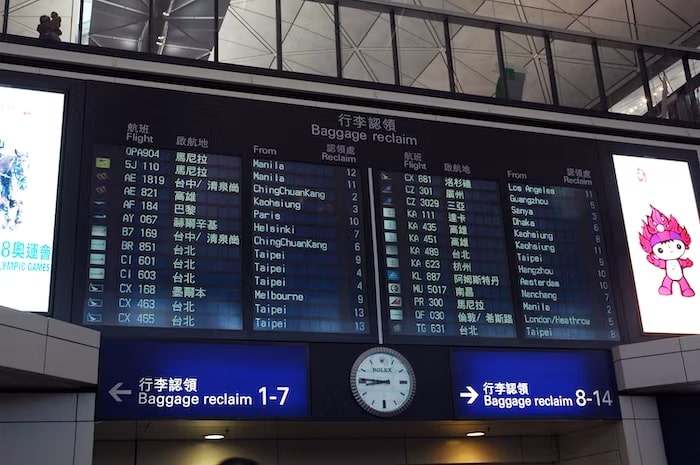
One of the sources of Hong Kongers’ distaste for Chinese mainlanders is the implementation of the one-way permit scheme, which allows 150 residents of mainland China to settle permanently in Hong Kong daily.
However, Hong Kongers perceive migrants coming through the one-way permit scheme as uneducated and unable to speak Cantonese (the dominant language in Hong Kong). Many locals even see immigrants from the mainland as people who want to take advantage of what Hong Kongers have.
In 2001, for example, 70.4% of mainland migrants were educated only up to a junior secondary level at most.
This perception of uneducated immigrants seeking to take advantage of Hong Kong’s resources has persisted since then, despite recent migrants being shown to have higher education and incomes compared to before.
It also doesn’t help that some resources are already scarce in Hong Kong. Many Hong Kongers, including doctors, protested against the one-way permit scheme because mainlanders allegedly overcrowd hospitals, for example.
In early 2019, many hospitals’ occupancy rates for medical wards rose to 102 – 115%, with some doctors saying that most of the people they are treating are migrants (recognized through the spelling of their names and ID card prefixes).
Many Hong Kongers have been protesting the influx of mainland Chinese residents since the early 2010s too, due to “birth tourism.” The “birth tourism” claims stem from the influx of tourists giving birth in Hong Kong so that their children will get Hong Kong citizenship.
The claim stems primarily from government figures from 2010, where they found that almost half of all births in Hong Kong were from Chinese mainlanders. Many residents allege that such events deplete scarce resources and put resident lives at risk.
2. The Effects of Mainlanders on Hong Kong’s Housing Crisis

It is not surprising that land and properties are expensive in Hong Kong since livable areas are squeezed between oceans and mountains.
The government of Hong Kong also has a monopoly over all the land in the special administrative region, meaning they get to determine how much they will price it and to whom they should sell.
Mainlanders affect Hong Kong’s housing market as more and more Chinese developers and wealthy mainlanders are purchasing land and properties in Hong Kong. Afterwards, they often rent out the properties at a premium most deem unreasonable.
The limited housing supply and large purchases of mainlanders primarily drive the rental prices in Hong Kong, which increased over 200% in the past decade. Some locals even complain that even the smallest apartments cost a majority of their monthly income.
Aside from Hong Kong’s excessive rent prices, Hong Kongers are also angry that they have to compete with immigrants from the mainland just to get housing.
The increasing number of mainlanders contributes to the overpopulation and demand for lodging, further frustrating locals and driving some to leave the region.
3. Soaring Political Tensions Between Hong Kong and Beijing
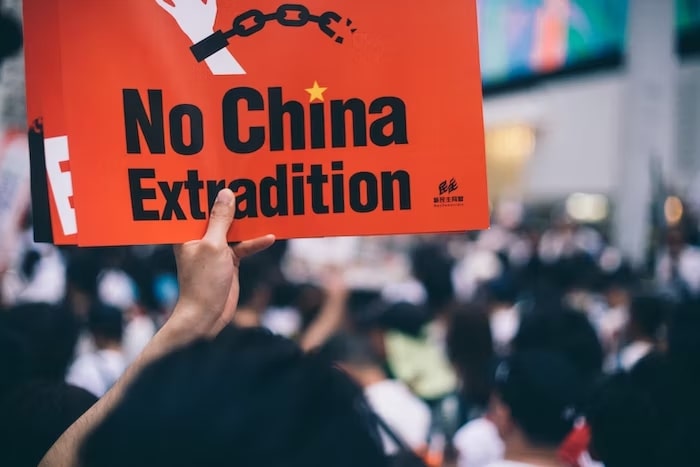
Many Hong Kongers fear that Beijing is intruding too much on local affairs and encroaching on the freedoms they enjoy, leading to unhappiness with mainland China.
The passing of the national security law in 2019 only aggravated the tensions between Hong Kong and China, leading to protests and further discrimination against immigrants from the mainland.
During the anti-government demonstrations, protesters assaulted mainlanders they believed were sympathetic to Beijing. Many locals then called them derogatory terms such as “locusts” and “communist thieves,” and even accused them of being spies.
The pandemic also exacerbated the discrimination faced by mainlanders in Hong Kong, as they were shunned and avoided for fear of bringing the highly-infectious disease.
The feud is further fueled by the misconception that some mainlanders have against Hong Kongers for the latter’s pro-democracy stance.
These hasty generalisations and stereotypes all create an atmosphere of misunderstanding on each side.
Is Hong Kong a part of China?
Despite the rocky relationship between the two, Hong Kong is officially a part of China. Hong Kong also enjoys limited autonomy under the “one country, two systems” policy, allowing it to have a free-market economy and near-democratic government.
That said, most Hong Kong residents prefer to identify as Hong Konger instead of Chinese. This hints that many Hong Kongers may still see themselves as separate and distinct from the mainland to some extent.
Do Hong Kongers wish to be independent of China?
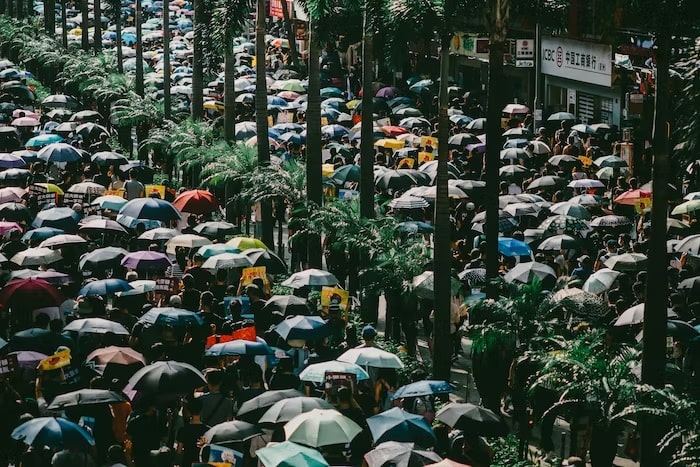
| Sentiments of respondents | Percentage |
| Seeking independence | 17% |
| Oppose the handling of the “one country, two systems” policy | 20% |
| Support pro-democracy protesters and movement | 44% |
| Opposes the national security law | 60% |
Even if a majority of Hong Kongers support the protesters’ demands, only 17% of residents support seeking independence from China, according to a Reuters poll.
Nevertheless, 20% of those polled oppose how the one country, two systems policy is being handled and believe that the system is being used to undermine Hong Kong’s freedom of speech and independent judicial system.
A more recent survey found that nearly 60% of Hong Kongers oppose the national security law, but only 44% showed support for the pro-democracy protest movement.
Is Hong Kong a democracy?
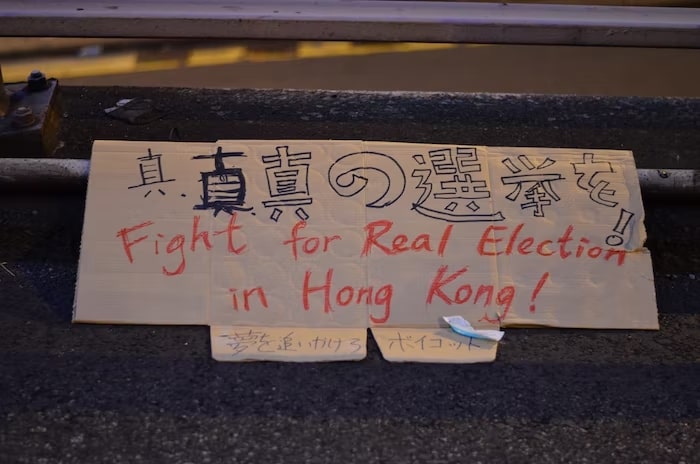
Historically speaking, Hong Kong has never been a democracy. Unlike other countries that allow almost anyone to run for government posts, Hong Kong only gets to select from a few candidates chosen by the region’s Election Committee.
Also, even though Hong Kongers get to exercise their right to vote at times, Beijing still has major control over how elections are held in Hong Kong.
The chief executive, which serves as the head of the government, is chosen by an election committee instead of the popular vote of the masses like in other nations.
Before the overhaul, hundreds of thousands of people could vote and choose election committee members, but the number dropped to only 7,971 in 2021. Now, the majority of voters are represented by corporate voters.
Hong Kongers used to be able to vote for members of the Legislative Council and other local district councils, but these were overhauled by Beijing in 2021.
Beijing also removed District Council seats and reduced the number of elected seats, a move critics claim targeted democratic government officials and assured that only pro-Beijing politicians can sit as head of Hong Kong’s government.
